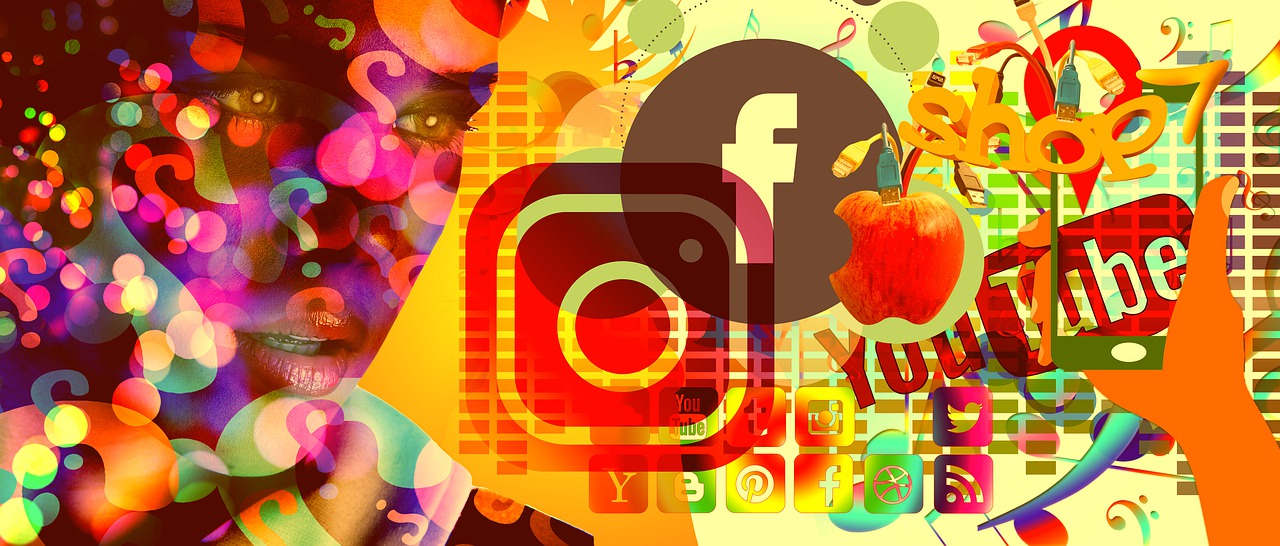Instagram Vs Facebook: The better platform for your brand's marketing strategy

Instagram Vs Facebook: The better platform for your brand's marketing strategy
If you are an influencer, or a brand, or just a person who likes to keep up with the trend, which is the platform you visit often and why? There has to be a reason to choose a certain platform right.
This is not about which platform is the best, but why a certain platform is better for you compared to the other.
Not bound to a particular platform - Influencer Marketing is a comprehensive tool that has changed the way in which brands reach and interact with their target audience.
This is an absolute necessity these days for digital businesses to grow. It assists brands in reaching the right target audience, is a highly personalized and creative tool of marketing, which ultimately leads to brands getting more out of their marketing budgets.
And similarly influencers need a platform that will not only assist them in growing followers, but also getting the right amount of engagements and audience for their niche.
Therefore, it is important to choose the right platform for your campaigns while planning your marketing strategies.

We're here to talk about two specific social media platforms used by digital businesses for their influencer marketing campaigns namely Facebook and Instagram. Though they might appear similar, there are factors that set them apart when it comes to deciding which one is a better platform for your influencer marketing strategy.
Both Facebook and Instagram are social media giants with a total of 3.30 billion users combined. However, it is important for businesses to differentiate between the two by studying facts and features of each, to identify which platform will help them get more return on investments from their campaigns.
Brands should ask themselves the question which is better - Instagram or Facebook - while formulating influencer marketing strategies based on these technicalities, factors and compare the advantages each holds.
The one thing common between Facebook and Instagram is that both are owned by the same company and offer the same ad insights, but for digital businesses they are different entities that have different marketing goals for promotion.
Facebook has 2.38 billion monthly users as compared to Instagram with its 1 billion users, so why should brands just not select Facebook for their influencer marketing needs? The answer here is simple: it's not about the quantity of impressions the platform offers - but the quality.
Let's compare Facebook and Instagram based on the below-mentioned factors to better understand how businesses can choose the right platform to give their influencer marketing campaigns the right direction:
1) On the basis of demographic:
For brands targeting customers who are less than or equal to 30 years of age the right choice would be to select Instagram for their campaigns. In saying this we're not disagreeing with the fact that Instagram has influencers of all ages on its platform, but the audience on the platform is rather young which is why businesses might want to invest their marketing budgets for targeting a younger demographic on Instagram, specially for industries such as beauty, fashion, gaming etc.
2) Differentiating the Facebook and Instagram algorithms:
As mentioned earlier Facebook does have more users on its platform as compared to Instagram, however it is not about just getting more and more people to view your influencer campaigns - but to get the right ones to interact with it.
Both Facebook and Instagram ditched their chronological feeds long ago where every post was equally visible on the user's feeds. Instagram's algorithm is based on the number of times a post is saved, the number of shares, comments and likes. This makes Instagram a platform that shows the audience what they want and who they want to see. This makes it easier for brands to figure out their target audience and easily determine the right influencers for their campaigns.
3) Facebook is more about personal interactions whereas Instagram's focus is more on discovery.
Instagram is more effective for brands that are into direct marketing which basically means brands that want more engagement from customers, want to spread awareness and showcase new products/ services.
Users on Instagram are actively looking for new products recommendations and brands to interact with. It is a platform popular among teenagers and millennials to keep up with trends, discover new products/services by keeping up with their favourite celebrities/influencers and social pages.
On the other hand, Facebook is more about interacting with people you know personally and sharing content with them.

It all boils down to one conclusion - Instagram is better for exposure as users sign up looking for product recommendations, most commonly from influencers they trust and relate to - whereas on Facebook people usually ignore recommendations made by strangers.
4) Instagram offers more customer engagement as compared to Facebook.
Instagram's engagement rate is a whopping 1.60% compared to Facebook's modest rate of 0.9%. Instagram's algorithm allows influencers and brands to reach almost 100% of their target audience whereas in the case of Facebook the number is a minimum of 6%.
5) Instagram is better for visual content and is strictly video and photo based. Facebook on the other hand is more informational.
Both platforms serve different purposes.
Instagram is used by brands to get influencers to capture moments and help in gaining more popularity and engagement while building their brand. The use of Facebook by brands would be to offer information about their business which include business hours, address or upcoming events.
6) Third party sites:
One advantage Facebook holds over Instagram is that it makes it easier for users to go to third party sites. Instagram does not allow link sharing in its post captions however it has made this feature available through its 'Instagram Stories'.
7) The number of advertisers is 3 times more on Facebook than on Instagram which makes Instagram a somewhat less competitive network.
This gives the brand's influencers the chance to reach desirable, engaged and young audiences for a cheaper price with the help of Instagram marketing tools.
So, Instagram is the right choice for brands who are looking to capture a large number of people and whose target audience is young. It is a place to be able to find diversified influencers catering to a variety of niches and creating creative content.
Whereas, Facebook is the perfect choice for brands who focus more on digital advertisements rather than using influencers and want to target a slightly older demographic.
Instagram allows the audience to follow and interact with the people they want and discover products/ services they want or relate to, whereas Facebook as mentioned is more informational.
However, the smart thing for brands would be to harness the power of Facebook to generate information about their brand and products and use Instagram for influencer marketing to promote these products to the right audience through the means of fun yet aesthetic videos/photos.